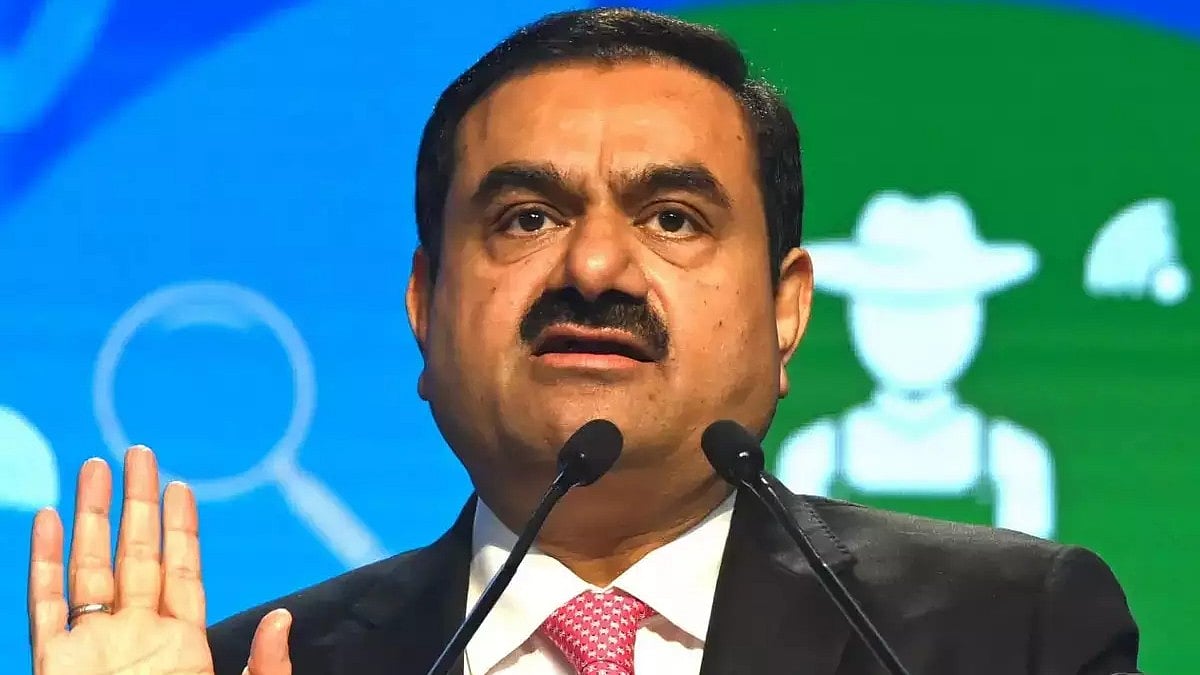New Delhi: Clearly shocked at the scale of the Wayanad tragedy, the Centre has issued a draft notification to declare around 57,000 sq km of Western Ghats as an ‘ecologically-sensitive area’. The area includes 13 villages in Wayanad and around 10,000 sq km in the state of Kerala. The other states to be impacted by the order would be Maharashtra, Karnataka, Tamil Nadu, Goa, and Gujarat.
Incidentally, this is the fifth draft notification of its kind; the last draft was issued in July 2022 and a committee was also constituted to finalise the notification in consultation with the state governments. Suggestions and objections have been invited from citizens within 60 days, following which the final notification will be published.

About The Draft Notification
In effect, the notification has earmarked 36% of Western Ghats as eco-sensitive, which will result in a host of restrictions on commercial activity. The designated area would include 449 sq km in Gujarat, 17,340 sq km in Maharashtra, 1,461 sq km in Goa, 20,668 sq km in Karnataka, 6,914 sq km in Tamil Nadu, and 9,993.7 sq km in Kerala; The draft notification suggests a complete ban on mining, quarrying, and sand mining, with existing mines to be phased out within five years "from the date of issue of the final notification or on the expiry of the existing mining lease, whichever is earlier". It also prohibits new thermal power projects; the existing projects can continue to operate but no expansion will be allowed. Large-scale construction projects and townships are also proposed to be prohibited, with exceptions for the repair and renovation of existing buildings.
In 2010, the Centre formed the "Western Ghats Ecology Expert Panel" under ecologist Madhav Gadgil to study the impact of population pressure, climate change, and development activities on the Western Ghats. The panel recommended in 2011 that the entire hill range be declared an ESZ and divided into three zones, based on their eco sensitivity.









